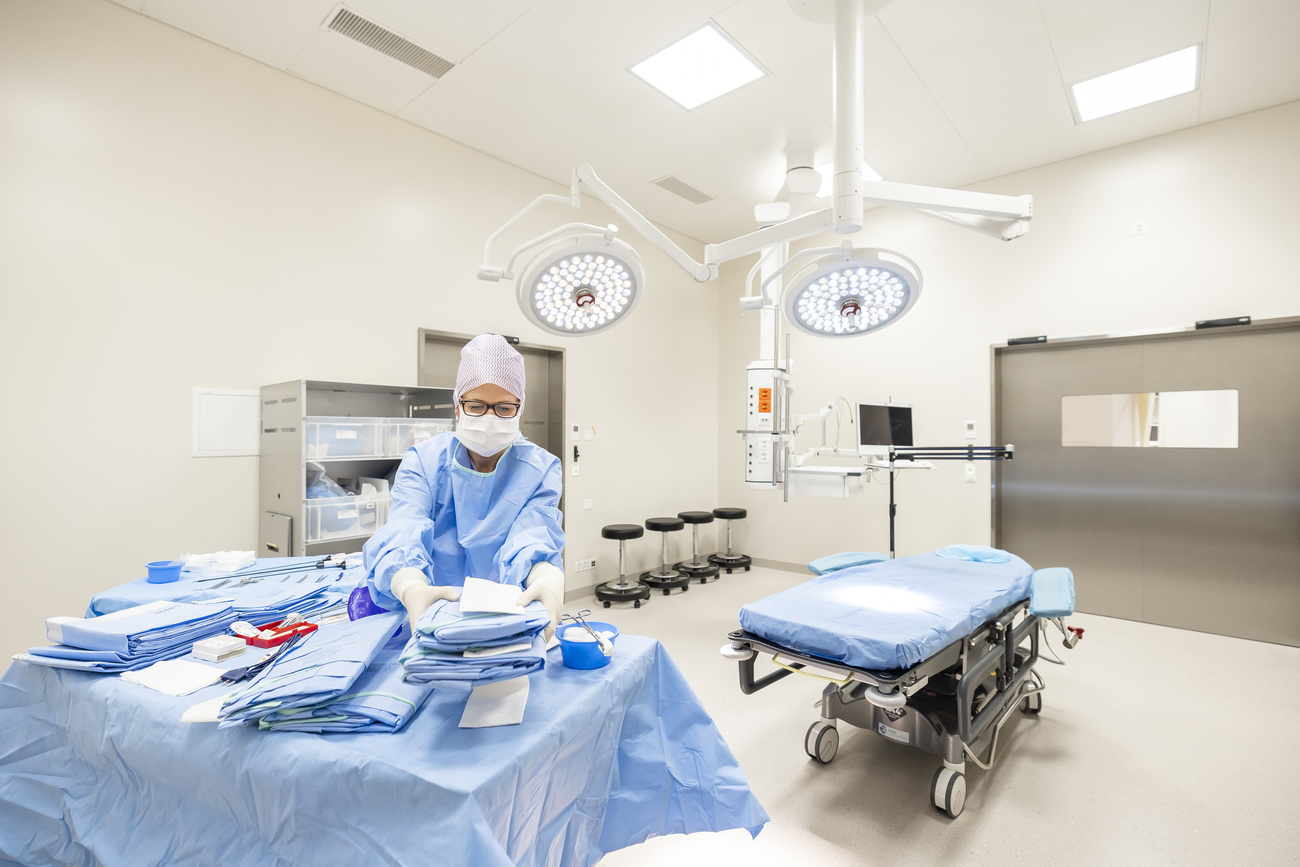German economy unexpectedly grows, dodging recession; inflation up

By Maria Martinez
BERLIN (Reuters) -Germany’s gross domestic product unexpectedly increased in the third quarter, skirting a recession, but inflation rose more than expected in October, interrupting the downward trend in Europe’s troubled largest economy.
“This is still far from what we need, but at least it is a ray of hope,” Economy Minister Robert Habeck said. “The economy is proving more robust than previously forecast and the technical recession expected by many has failed to materialise.”
The economy expanded by 0.2% in the third quarter from the previous three months, driven by government and household spending, preliminary data from the federal statistics office showed on Wednesday.
Inflation, however, resurged to 2.4%, against a forecast by analysts polled by Reuters of 2.1% this month, after a year-on-year rise in consumer prices of 1.8% in September, based on data harmonised to compare with other European Union countries.
“The just-released flash estimate of German inflation in October could make some members of the European Central Bank regret the latest rate cut and the European Central Bank’s new openness to more aggressive cuts,” said Carsten Brzeski, global head of macro at ING.
Core inflation, which excludes volatile items like food and energy prices, was at 2.9% in October up from 2.7% in the previous month.
“The renewed rise in core inflation shows once again that the inflation problem has not yet been fully resolved and that patience is still required,” said Sebastian Becker, economist at Deutsche Bank Research.
In the short term, the signs point to higher inflation for the time being, economists said.
“Nevertheless, the current weakening of the labour market suggests that the core rate is likely to fall again – albeit slowly – over the course of 2025,” Becker said.
“If the inflation rate were to level off at just under 2%, everything would be in the green zone, said Friedrich Heinemann, economist at ZEW, but he added that this was not certain with a view to 2025.
“If there is a new escalating trade conflict with a U.S. President Trump, the German economy will also feel the effects through higher import prices,” Heinemann said.
Germany would be the big loser if a Trump presidency sparked a tit-for-tat trade war between the United States and Europe.
SIGN OF LIFE
“Under the weight of many structural weaknesses, the economy is sending out a sign of life,” Alexander Krueger, chief economist at Hauck Aufhaeuser Lampe, said of the new data. “This is thanks to consumers, who have let their guard down a little.”
A recession is normally defined as two consecutive quarters of economic contraction, and data from the second quarter had spurred recession fears.
The statistics office revised second quarter GDP to a 0.3% quarter-on-quarter contraction, from the 0.1% decline previously reported.
Analysts polled by Reuters had forecast a 0.1% quarter-on-quarter GDP decrease in adjusted terms.
“Although a technical recession was avoided, the German economy remains barely larger than it was at the start of the pandemic,” said Carsten Brzeski, global head of macro at ING.
Economic weakness is expected to stay as Germany struggles with high energy costs, subdued global demand for its exports, and rising foreign competition.
“The growth outlook is somewhere between stagnation and a snail’s pace,” Krueger said.
WEAKER LABOUR MARKET
Separately, the federal labour office said the number of people out of work in Germany rose more than anticipated in October.
It said the number of unemployed increased by 27,000 in seasonally adjusted terms to 2.86 million. Analysts polled by Reuters had expected a rise of 15,000.
The data came with German automaker Volkswagen locked in talks over potential mass layoffs and wage cuts.
“Job security instead of wage increases could soon be the new mantra in the German labour market,” Brzeski said.
The seasonally adjusted jobless rate was stable at 6.1%.
“The autumn upturn in the labour market has largely failed to materialise this year,” said labour office head Andrea Nahles.
(Reporting by Rachel More and Maria Martinez; editing by Miranda Murray, Mark Potter and Mark Heinrich)







